In 7th grade, students explore natural and designed systems and cycles, some that are concrete and easily observable and others that are more abstract across nine month-long units. They use their knowledge of Earth systems, ecosystem dynamics, energy systems, and technological systems to answer real-world questions and solve real-world problems.

Unit 1
Unit 2
Unit 3
Unit 4
Unit 5
Unit 6
Unit 7
Unit 8
Unit 9
In Unit 1 Discovering Matter, students use the science of ice cream-making, cooking, and instant ice packs to explore the relationship between energy and matter and how energy is needed to change matter.
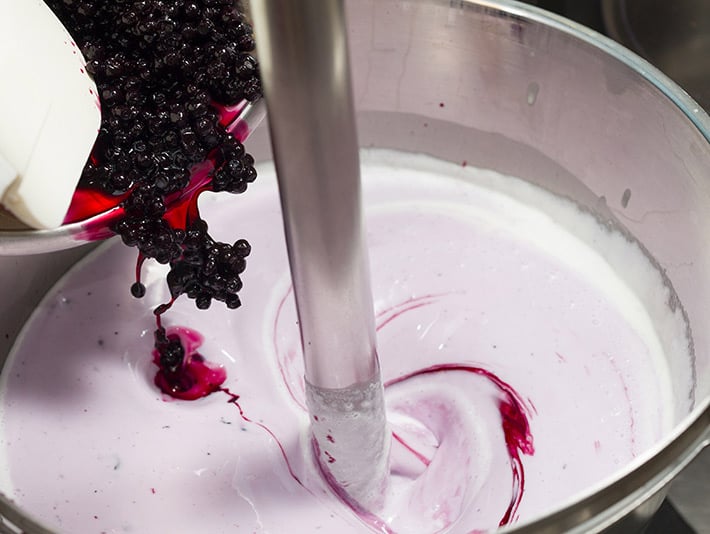
In Unit 2 Energy and Earth Materials, students explore how both volcanoes and fossil fuels hold clues about some of the natural processes that have shaped the planet over time.
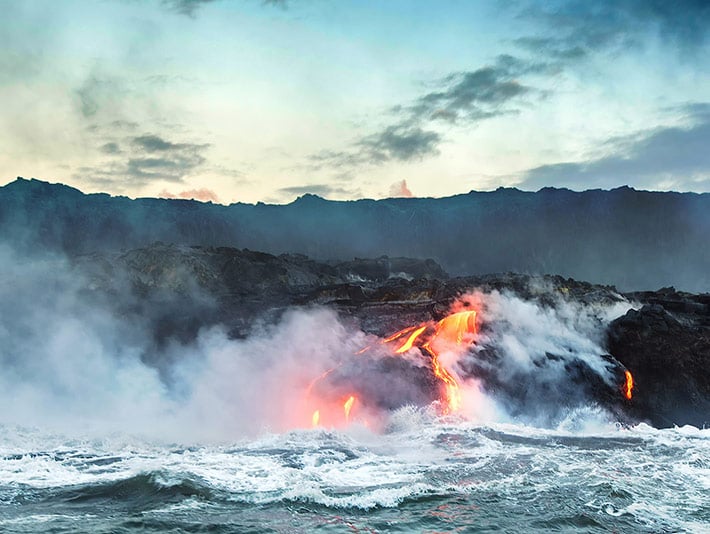
In Unit 3 Glaciers and Earth’s Past, students investigate how glaciers form and move and explore how scientists use a variety of techniques, such as studying ice core samples and fossils, to analyze past changes on Earth.
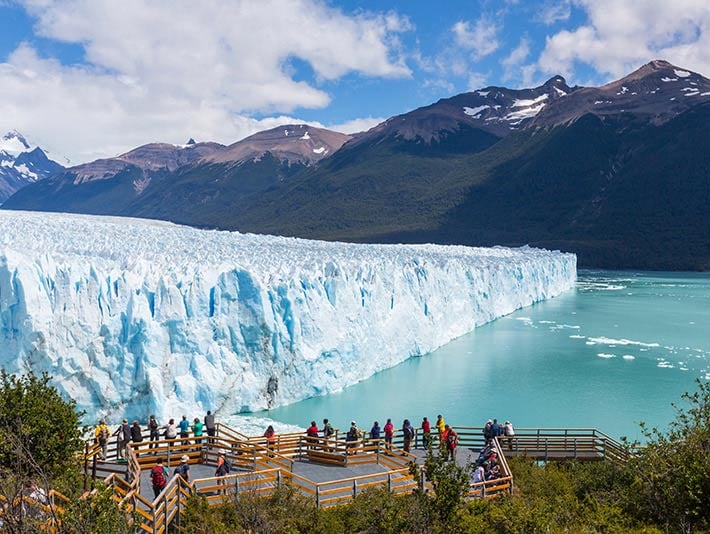
In Unit 4 Cell Functions, students explore different life forms, including the prokaryotic cells found underneath the West Antarctic Ice Sheet, bull sharks that live in both salt and fresh water, and worm-like organisms that grow around deep-sea hydrothermal vents, to investigate how living things are made of cells, which have certain requirements for survival.
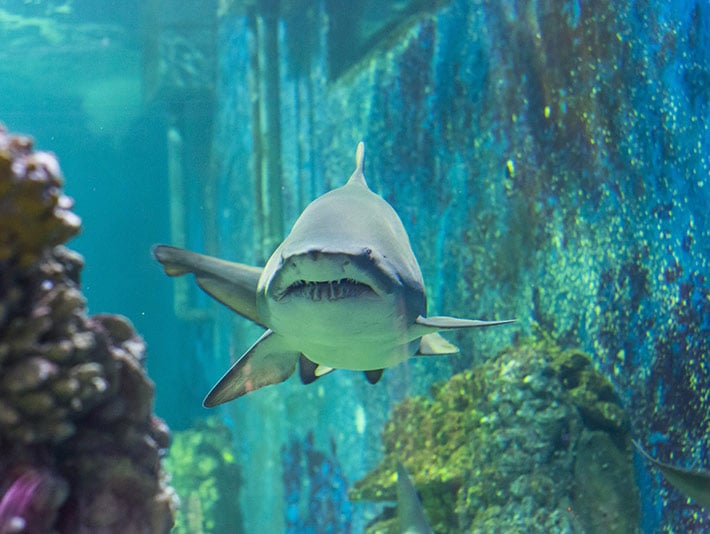
In Unit 5 Cell Division, students explore rare blue lobsters, a 5,000-year-old tree in California, and peacock spiders to investigate how living things pass along their genes—and therefore traits—to offspring.

In Unit 6 Rocky Shores, students explore rocky shore ecosystems to investigate interactions among populations of organisms and how adaptations allow for the survival of different organisms, as well as how the ability of different materials to absorb and retain heat influences where organisms live.
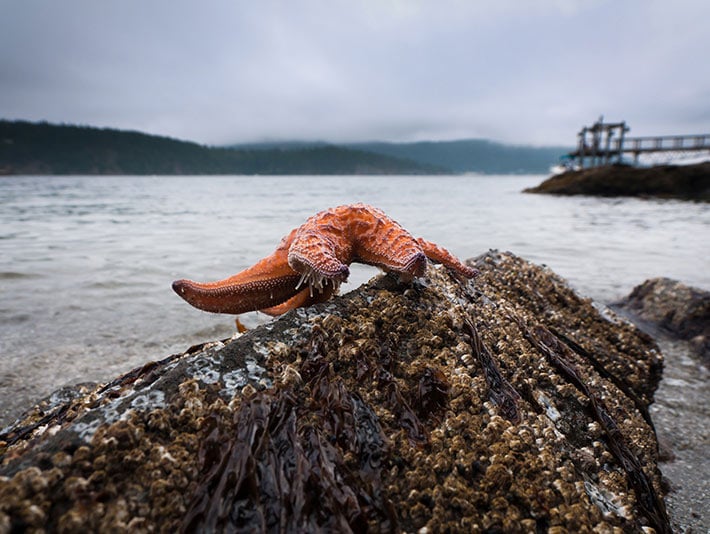
In Unit 7 Environmental Science, students explore interactions among Earth’s systems to investigate how human activities influence Earth processes.
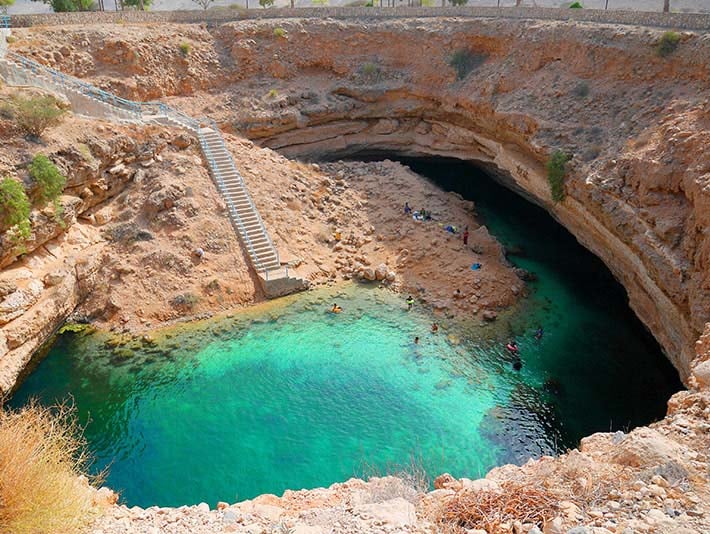
In Unit 8 Mechanical Engineering, students explore different transportation systems to investigate the relationship between forces and motion and how energy is converted from one form to another in an energy system.
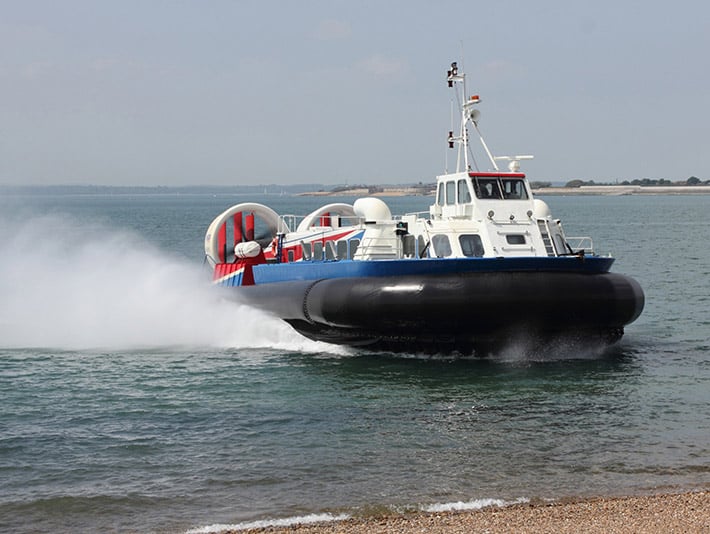
In Unit 9 Communication Technology, students explore how information is transmitted in a communication system.
